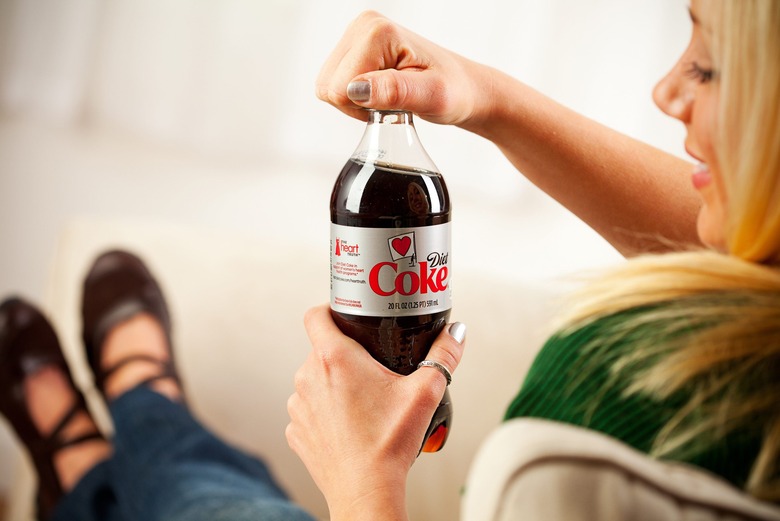Here's How Coca-Cola And Other Brands Are Manipulating You With 'Scientific' Research Claims
Remember that fake study that fooled everyone into thinking that chocolate would help you lose weight? Even though the chocolate hoax was a social experiment, it still proved how gullible we are when it comes to junk science. You may be surprised to learn that many misleading or "junk" scientific studies exist, and are actually funded by big-name brands, according to Bloomberg.
More recently, a scientific study has been circulating that claims exercise is much more important than eating well when it comes to preventing obesity. But guess what? That study, published by the Global Energy Balance Network, was funded by Coca-Cola. You've probably also heard the claim that aspartame, the chemical found in diet sodas, causes cancer. Now brands like Pepsi are removing the stuff and experiencing a boost in sales as a result, but we still don't have a factual answer about aspartame as a carcinogen.
Here are some tips on how to avoid this common and effective marketing ploy, according to Bloomberg:
Be skeptical: If it sounds implausible, it probably is, like the Dr. Oz-endorsed green coffee diet pill that was later found to be "backed" by a fabricated scientific study.
Look for Scientific Consensus: If one study says its claims are true, make sure to get a second opinion. "Sometimes people will take a study in rats or even in test tube data and extrapolate it to humans," says Don Hensrud, director of the Mayo Clinic Healthy Living program.
Look at the Big Picture: Just because you're eating organic doesn't mean it's good for you. Organic ice cream is still ice cream, and what works for one person's health may be harmful to another's. A diabetic woman drinking cranberry juice to improve her urinary tract, for instance, may experience a dangerous spike in blood sugar.
